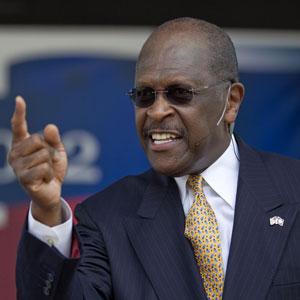
Dear Sticky Wicket,
Is there a pervasive perception among many white Americans that most black Americans are liberals and only want government entitlement programs? Isn't it more accurate to say that many blacks were forced into a position of having to accept the government programs because of the long-standing system of poor educational opportunities and other discriminatory practices?
~Facing the Truth in Forth Worth, TX
Dear Facing the Truth,
The rise of Republican presidential hopeful Herman Cain notwithstanding, the perception of some white and black Americans is that most blacks in the country are liberals. They would never vote for a Republican and they are all for government entitlement programs.
Christina Greer, assistant professor of political science at Fordham University in New York, says “that most of the time when people think of entitlement programs they envision the President Reagan era ‘welfare queen.’ The image in their minds is of a mother who has numerous children to get more welfare to support her lavish lifestyle.”
But there's much more to it than that, says Greer. For the answer, we have to go back a little further in history to President Franklin Roosevelt's New Deal programs in the 1930s and the early years of the GI Bill.
"It was distributed inequitably and that has sort of gotten the ball rolling for a lot of the wealthy disparities we see today," Greer says. "The GI Bill entitled white Americans to build homes, go to school, and get a college education, and obviously it was a disparity because many African-Americans weren't even allowed to go to war and if they did when they came back they were ineligible for particular GI benefits."
Greer says that when President Roosevelt constructed the New Deal policies, he had to compromise on a few issues, particularly with white southerners. In doing so, he had to exclude certain populations, specifically domestic workers, the majority of whom were black women. But when elected to office, President Lyndon Johnson extended the FDR polices with programs to help the poor and minorities who were left out in the beginning.
"You exclude black men from the military, you exclude black women from any sort of benefits, and obviously we'll need some [benefits] later on," Greer says.
When it comes to the issue of black Americans overwhelmingly voting Democratic, it's difficult to generalize a group of 40 million people, says Dr. Charles Gallagher, sociology professor at LaSalle University in Philadelphia. He adds that many blacks left the party of Lincoln because Republicans were slow to embrace civil rights.
"The reality is that as a group, blacks are socially quite conservative. Gay marriages, abortion, prayer in school, these are issues that place most blacks on the conservative side of the political spectrum," Gallagher says.
